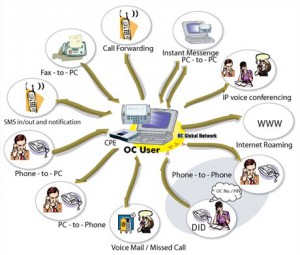Looking at the Concept of Adultism
 [FYI... for those of you who have been reading my blog for a while, you may recognize this piece as the combining of three pieces I wrote previously on this subject.]
[FYI... for those of you who have been reading my blog for a while, you may recognize this piece as the combining of three pieces I wrote previously on this subject.]
So you have probably already been “ism’d” within an inch of your life and may be ready to roll your eyes if I attempt to direct your attention to another one! Seems the 20th Century was full of positive movements and negative systems being coined as “isms”, including “feminism”, “progressivism” and “environmentalism” on the one side and “sexism”, “racism” and “militarism” on the other. Some might make a good argument that we should leave all those “isms” behind with the last century and turn our focus forward and reframe the way we look
Tales of a Retribalized Corporate Knowledge Worker in the Egalitarian Information Age
 Quite the long title, I know! But that is essentially who I am these days when I put on my “day job” hat as a “Business Process Consultant” for a major health insurance company. The work world that I plunge myself into is totally transformed from just a generation ago by the ubiquitous electronic media which (to use media philosopher Marshall McLuhan’s analogy), is the “water we swim in”.
Quite the long title, I know! But that is essentially who I am these days when I put on my “day job” hat as a “Business Process Consultant” for a major health insurance company. The work world that I plunge myself into is totally transformed from just a generation ago by the ubiquitous electronic media which (to use media philosopher Marshall McLuhan’s analogy), is the “water we swim in”.
In his extensive 1969 interview in Playboy Magazine, McLuhan said…
The electronically induced technological extensions of our central nervous systems… are immersing us in a world-pool of information movement and are thus enabling man to incorporate within himself the whole of mankind. The aloof and dissociated role of the literate man of the
15 Things Students Want the Nation to Know About Education
I was pleased to see this piece in the Huffington Post a while back and finally gotten around to writing about it. As the author Lisa Nielsen says in her opening…
It’s rare for education reformers, policymakers, and funders to listen to those at the heart of education reform work: The students.
Seems to me that in most education policy statements and discussions in the media, the students are not seen so much as the clients or key stakeholders in the education process, but more like the product. I think it is important that we resist the conventional wisdom of looking at education as an institution manufacturing an educated citizenry as its “product”, whose stakeholders are not our young people, but only political and economic leaders and parents (as necessary votes to keep at least those political leaders in office).
